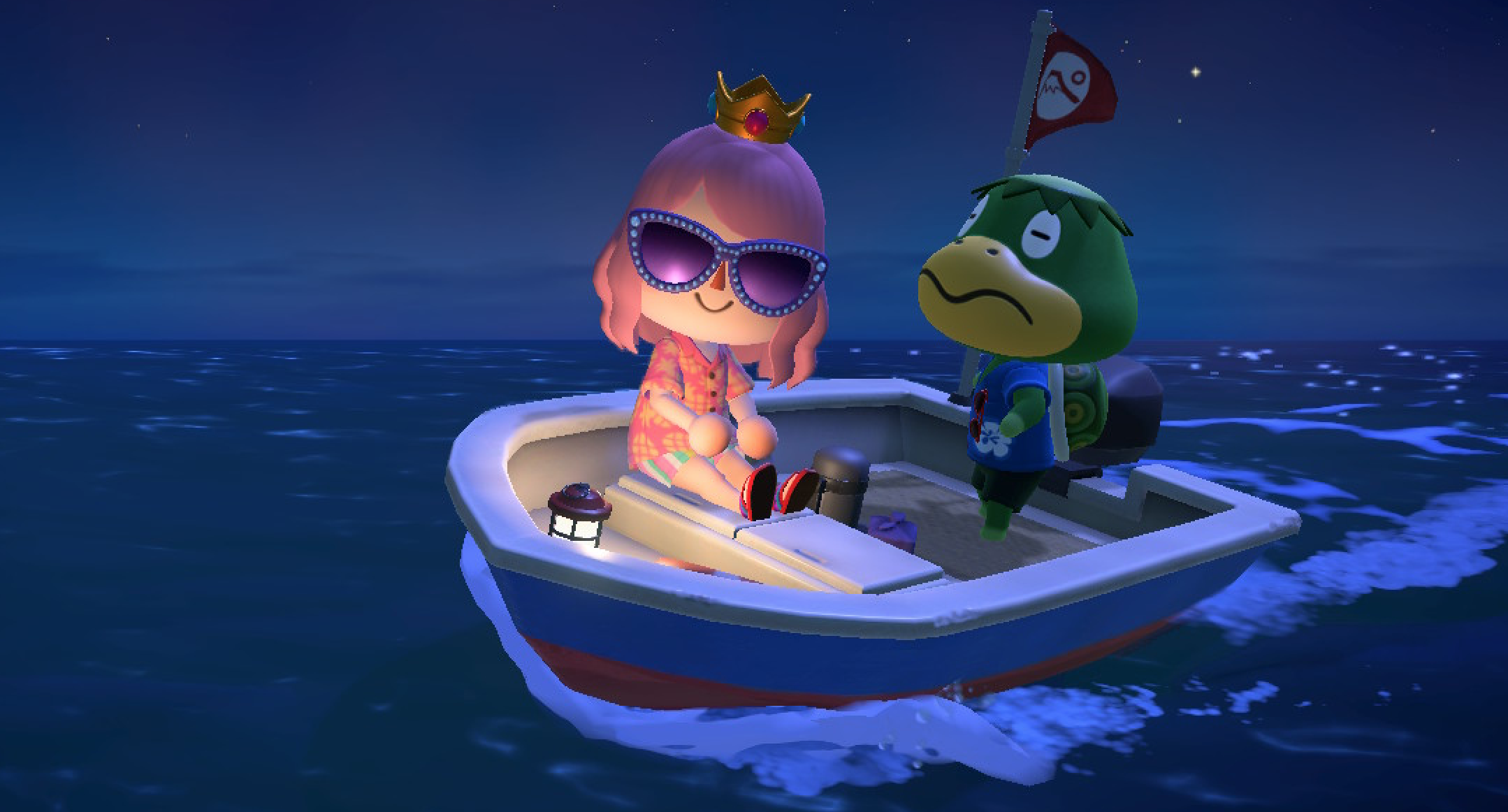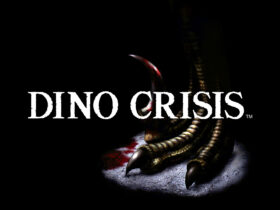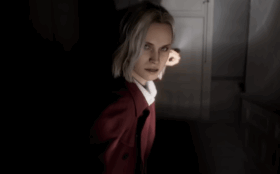I’ve spent a big chunk of this year revisiting one of my favourite eras in modern gaming: that of the
I didn’t spend as much time with Animal Crossing: City Folk as I did with its DS predecessor Animal Crossing: Wild World, but since revisiting the Wii instalment, I’ve been yearning for a certain Gilmore Girls/Stars Hollow-esque quality that New Horizons has never quite fulfilled.
Older Animal Crossing games were a place for characters to be the worst versions of themselves, and in my ripe old age I’m appreciating that more and more. Blathers had higher anxiety, the Label family tea felt juicier, Lyle was (and still is) probably entrenched in some elaborate insurance grift, and even Resetti had to be watered down in later titles because he brought kids to the point of tears.
Players who have only been exposed to New Horizons don’t know the trauma attached to Tom Nook. They weren’t introduced to the version of him that exploited us for labour without bells, and made us wear a uniform that washed out our cool tones. Sure, maybe now he’s taken new form as a benevolent island landlord, but seeing him as a childhood villain gave me some fodder to chew on in my own head canon.

Bring back the old Animal Crossing dialogue
While I’m definitely going to hell for laughing at the Resetti edits, these on-the-nose character traits did effectively prime me to disassociate through the ramblings of equally annoying men in adulthood.
Dialogue in older instalments like City Folk and Wild World felt more grounded, and made a more concerted effort to include the player on outcomes of the conversation. Villagers would ask you to give opinions on their outfits and weigh in on interpersonal disputes, and their reactions would often linger well past the end of the interaction.
Neighbours would ask for medicine over the course of multiple days, get visibly heated when you hadn’t visited in months, and there were no friendly warnings when an all-time favourite villager would eventually move out.
It made the world feel lifelike instead of formulaic, and the accountability I felt as a player would draw me back in to check on my town every so often because it felt like there was something to lose. Villagers had so much more personality baked into their scripts, and it always felt like I had to work a little bit harder to earn their trust.
Read: 6 cosy games to play if you like Animal Crossing
I distinctly remember the shock horror on Maple’s face in Wild World after I answered ‘no’ when asked if I kept a cup on hand. Her disappointment led me to re-evaluate every other one of my poor life decisions, and I was genuinely curious about what new questions would be asked of me next.
Animal Crossing: New Horizons lacks some level of spontaneity because everything just feels so perfectly catered to my island enjoyment. It’s like in The Good Place when (spoilers) they all finally made it to the pearly gates and everyone eventually grew bored with the bounty of beautiful things on offer to them.
Remember when Lisa Kudrow couldn’t tell if the ‘5’ on her shirt was a letter or a map? That’s what’s happening in my brain after prolonged exposure to these updated villager conversations.
Animal Crossing will continue to be a safe entry point for fans of the cosy genre and I’m always going to be a lifelong fan of the series and thankful for the features New Horizons has introduced. I just think a gentle roast here and there wouldn’t hinder my experience, particularly when I feel like I know exactly what experience I’m going to get every time I jump back in.
It’s obviously far too soon for a new Animal Crossing instalment, but I for one think it couldn’t hurt
Explore Our Trusted Gambling Resources
Discover essential guides to casino sites, betting platforms, and crypto casinos—updated for 2026.





